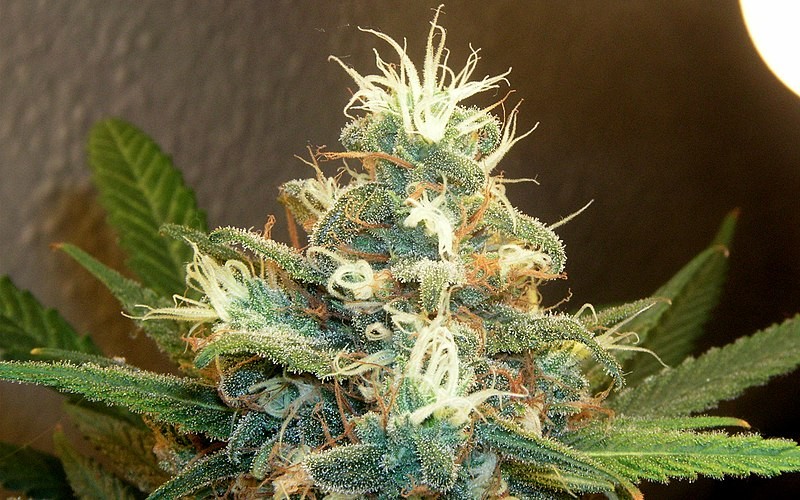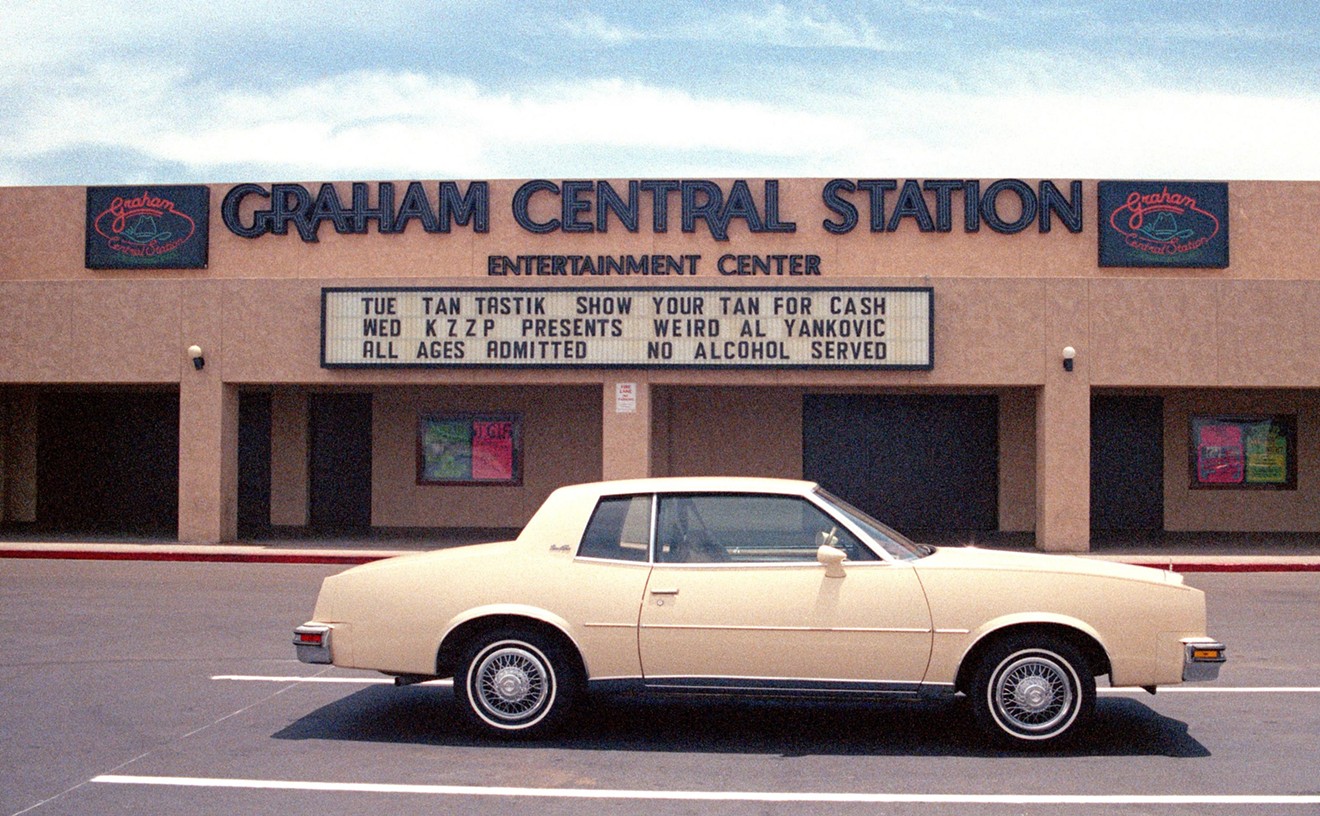In the November 2020 general election, Arizona voters approved, by a large margin, Proposition 207, a ballot measure that would legalize recreational marijuana. You can now legally possess cannabis, grow it, and smoke it, if you're at least 21. You'll soon be able to buy it in stores.
But you can absolutely still get fired for consuming recreational cannabis — even if that innocent, carefree toke is on your own time. The only exception is if you have a prescription for medical marijuana, which has its own set of legal protections under Prop 203, which was passed in 2010.
As written, Prop 207 does "not restrict" employers from maintaining a "drug-and-alcohol-free workplace" or "affect the ability of employers to have workplace policies restricting the use of marijuana by employees or prospective employees."
"Arizona is an at-will employment state. That means employers are free to hire or let go employees for almost any reason," said Jon Udell, a spokesperson for Arizona NORML (a pro-cannabis legalization group) and attorney at Rose Law Group. "They can terminate whoever they want or refuse to hire them for any reason, including cannabis consumption, whether it be off-duty or on-duty."
This legal reality manifested recently in the Maricopa County Attorney's Office. In an email dated December 1 that was shared with New Times by an employee of the agency, Chief Deputy Ken Vick reiterated the office's policy of prohibiting staff from consuming marijuana at any time despite Prop 207.
"Given this change in law, it seems like an appropriate time to remind everyone that MCAO Employee Policy 5.36 prohibits employee use of any controlled substance, including marijuana, while at work or on your own personal time (unless the substance is used in accordance with a valid prescription)," Vick wrote in the email. "The adoption of Proposition 207 did not change marijuana's status as a controlled substance. Also, the possession, use, or transfer of marijuana remains a crime under federal law."
Jennifer Liewer, a spokesperson for the Maricopa County Attorney's Office, cited the exemptions for employers about regulating employee cannabis usage when asked for comment on the policy.
"Employers have the ability to determine policies as it relates to activities by employees," she wrote in a statement. "As a government and law enforcement organization, there are policies that apply to our employees that may not be applicable to the general public. Every employer has a right to determine expectations for individuals they employ and this is a standard practice."
Gary Smith, a local cannabis attorney, said that the Maricopa County Attorney's Office policy is by the book.
"Employers are free to restrict employee use of illegal drugs, on or off hours," he wrote in an email. "Hence the trouble with unchanged federal law."
Udell said that the provisions in Prop 207 giving employers broad rights were an effort to make the measure more palatable to the business community and to voters who might be wary of free-wheeling cannabis consumption in any context.
"I think there were a number of moderates that ended up voting for Prop 207 and were very concerned about the marijuana – how marijuana would become pervasive in their lives, employees coming to work high," he said. "It’s something they were ok with if it was more out of sight, out of mind."
But, just because employers can micro-manage their employees' cannabis habits doesn't mean that they should, Udell added.
"Just because you can refuse to hire that person doesn’t mean it’s good business," he said.
Employers with anti-cannabis policies will likely keep them in effect, Udell said. But they may back off as time goes on and legal cannabis consumption in Arizona becomes less taboo.
"Even if these policies remain on the books, they might be enforced a little more lightly," he said. "You might see somewhat less of a motivation."
[
{
"name": "Air - MediumRectangle - Inline Content - Mobile Display Size",
"component": "18478561",
"insertPoint": "2",
"requiredCountToDisplay": "2",
"watchElement": ".fdn-content-body",
"astAdList": [
{
"adType": "rectangle",
"displayTargets": "mobile"
}
]
},{
"name": "Editor Picks",
"component": "16759093",
"insertPoint": "4",
"requiredCountToDisplay": "1",
"watchElement": ".fdn-content-body",
"astAdList": [
{
"adType": "rectangle",
"displayTargets": "desktop|tablet"
},{
"adType": "rectangle",
"displayTargets": "desktop|tablet|mobile"
}
]
},{
"name": "Inline Links",
"component": "17980324",
"insertPoint": "8th",
"startingPoint": 8,
"requiredCountToDisplay": "7",
"maxInsertions": 25
},{
"name": "Air - MediumRectangle - Combo - Inline Content",
"component": "16759092",
"insertPoint": "8th",
"startingPoint": 8,
"requiredCountToDisplay": "7",
"maxInsertions": 25,
"watchElement": ".fdn-content-body",
"astAdList": [
{
"adType": "rectangle",
"displayTargets": "desktop|tablet"
},{
"adType": "rectangle",
"displayTargets": "desktop|tablet|mobile"
}
]
},{
"name": "Inline Links",
"component": "17980324",
"insertPoint": "8th",
"startingPoint": 12,
"requiredCountToDisplay": "11",
"maxInsertions": 24
},{
"name": "Air - Leaderboard Tower - Combo - Inline Content",
"component": "16759094",
"insertPoint": "8th",
"startingPoint": 12,
"requiredCountToDisplay": "11",
"maxInsertions": 24,
"watchElement": ".fdn-content-body",
"astAdList": [
{
"adType": "leaderboardInlineContent",
"displayTargets": "desktop|tablet"
},{
"adType": "tower",
"displayTargets": "mobile"
}
]
}
]












